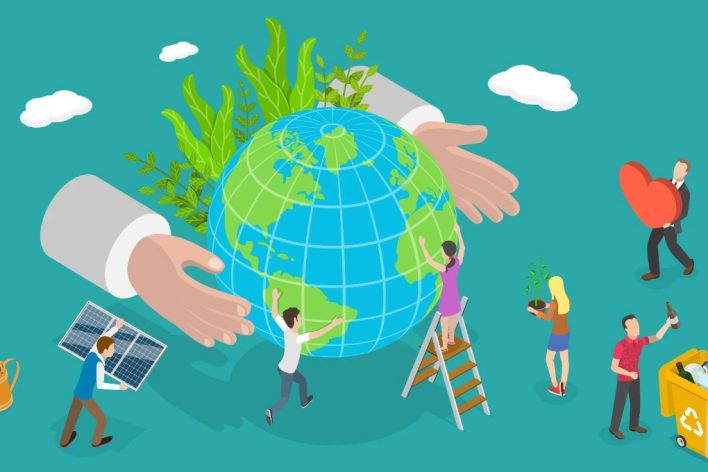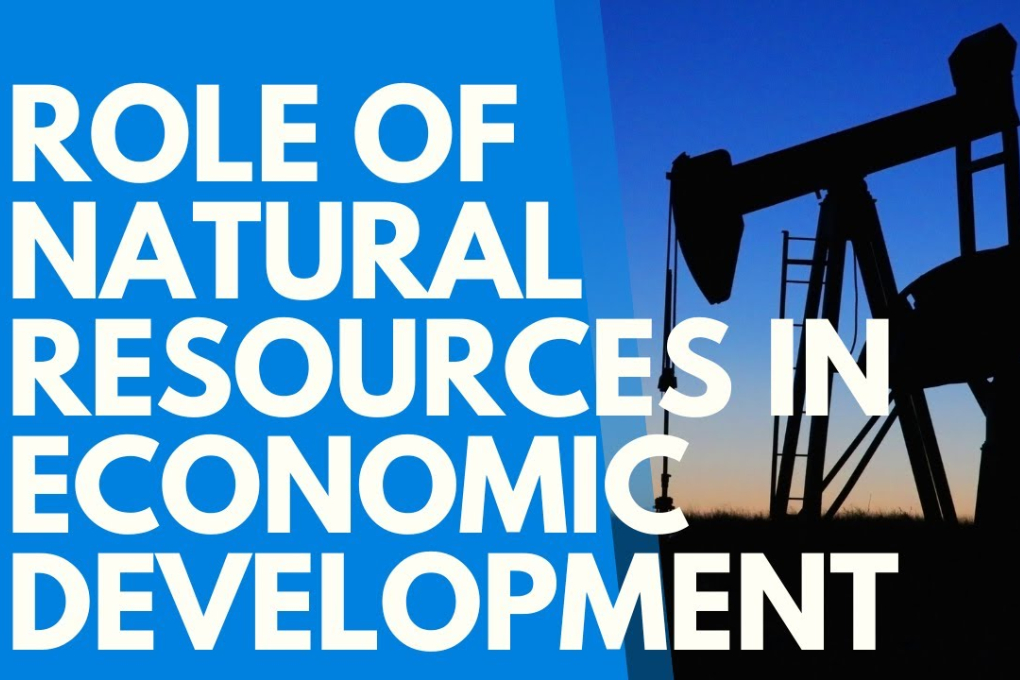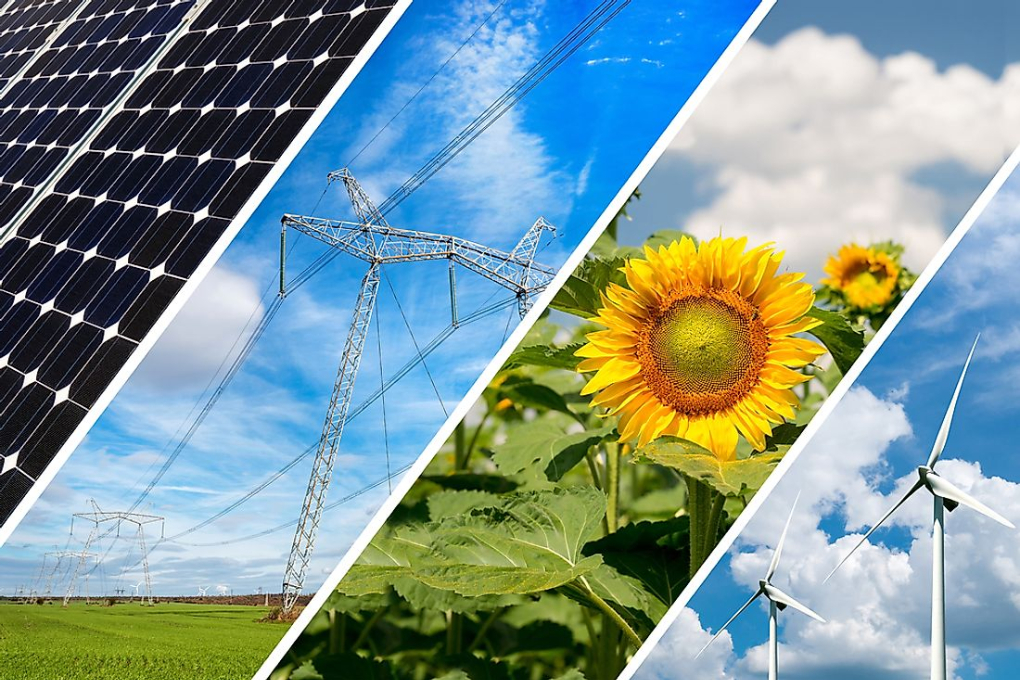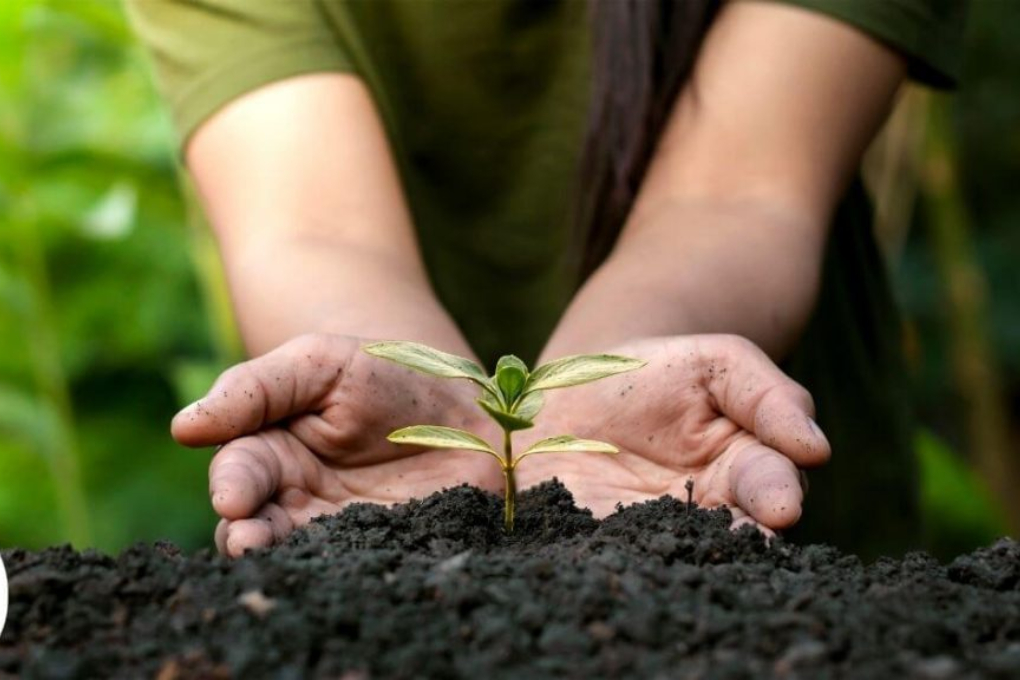
Natural resources are things that come from nature and are used by people to meet their needs. These include water, soil, forests, minerals, oil, gas, and sunlight. Natural resources are very important for the growth of a country’s economy. They help in building industries, creating jobs, and improving the standard of living.
How Natural Resources Help Economic Development
Natural resources are the backbone of many industries. For example, minerals like iron and coal are used to make steel, which is needed for building factories, bridges, and vehicles. Oil and gas are used as fuel for transportation and energy production. Countries that have plenty of these resources can sell them to other countries and earn money. This money can be used to build schools, hospitals, roads, and other facilities that improve people’s lives.

Agriculture also depends on natural resources like soil and water. Good farming leads to more food production, which helps feed the population and supports trade with other countries.
Types of Natural Resources
There are two main types of natural resources:
Renewable Resources: These can be replaced naturally over time. Examples include sunlight, wind, water, and forests.

Non-renewable Resources: These cannot be replaced once they are used up. Examples include coal, oil, natural gas, and minerals like gold and silver.
Challenges in Using Natural Resources
Even though natural resources help in economic growth, there are some challenges. If a country depends too much on one resource (like oil or coal), its economy can suffer if the price of that resource falls in the global market. This is called the “resource curse.” For example, some countries with a lot of oil have not developed other industries and face problems when oil prices drop.

Another challenge is the overuse of resources. If we cut too many trees or use too much water without replacing them, these resources will run out. This can harm both people and the environment in the long term.
Sustainable Use of Resources
To ensure that natural resources last for future generations, we must use them wisely. This is called sustainable development. Some ways to do this include:
- Using renewable energy like solar or wind power instead of coal or oil.
- Recycling materials like paper, plastic, and metals reduces waste.
- Planting trees to replace those that are cut down for wood or farming.
- Educating people about saving water and protecting forests.
Natural resources are very important for economic development because they provide raw materials for industries and create jobs for people. However, they must be used carefully to avoid problems like overdependence or environmental damage. By managing natural resources wisely and focusing on sustainable practices, countries can grow their economies while protecting nature for future generations.